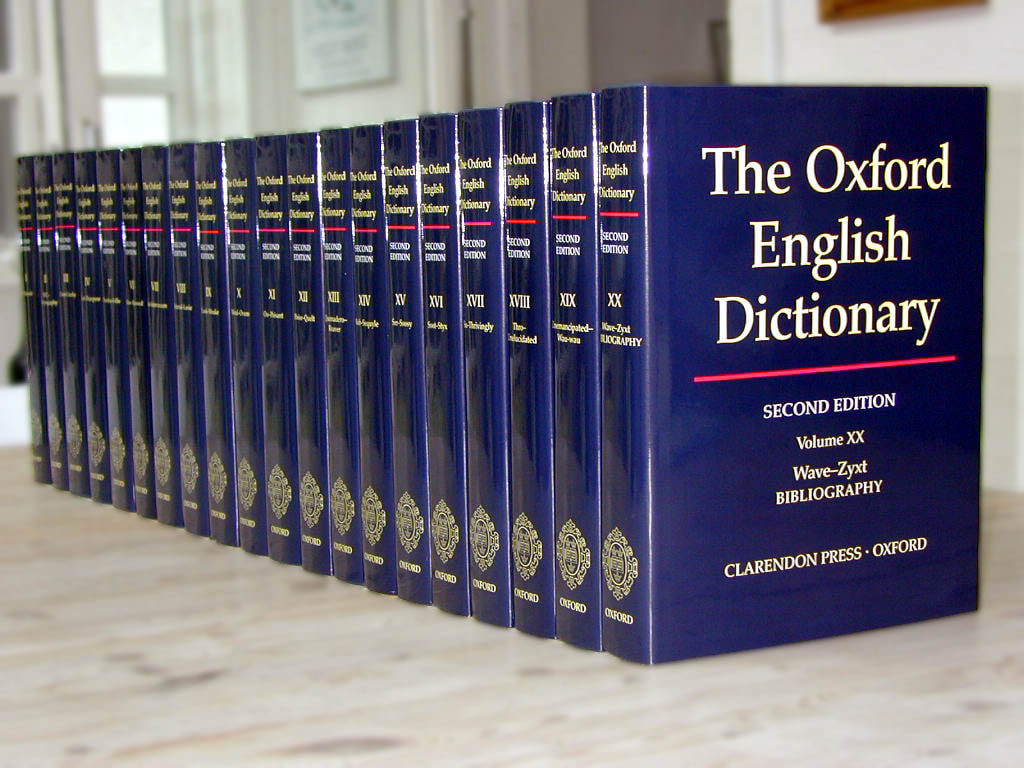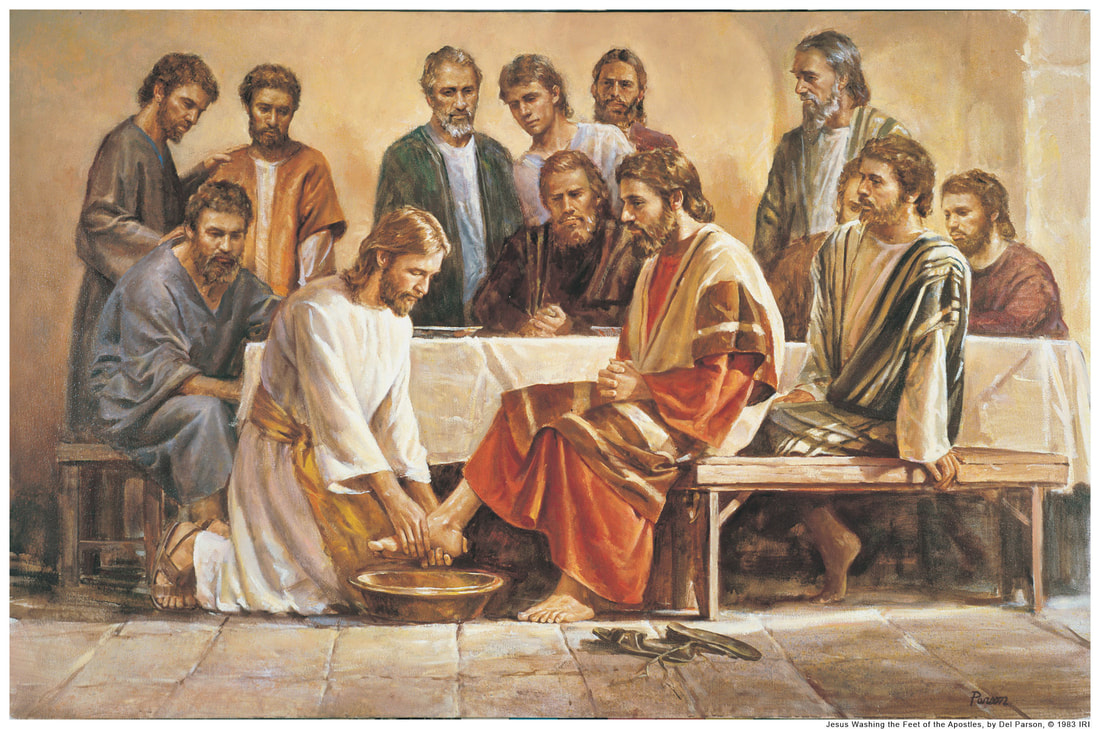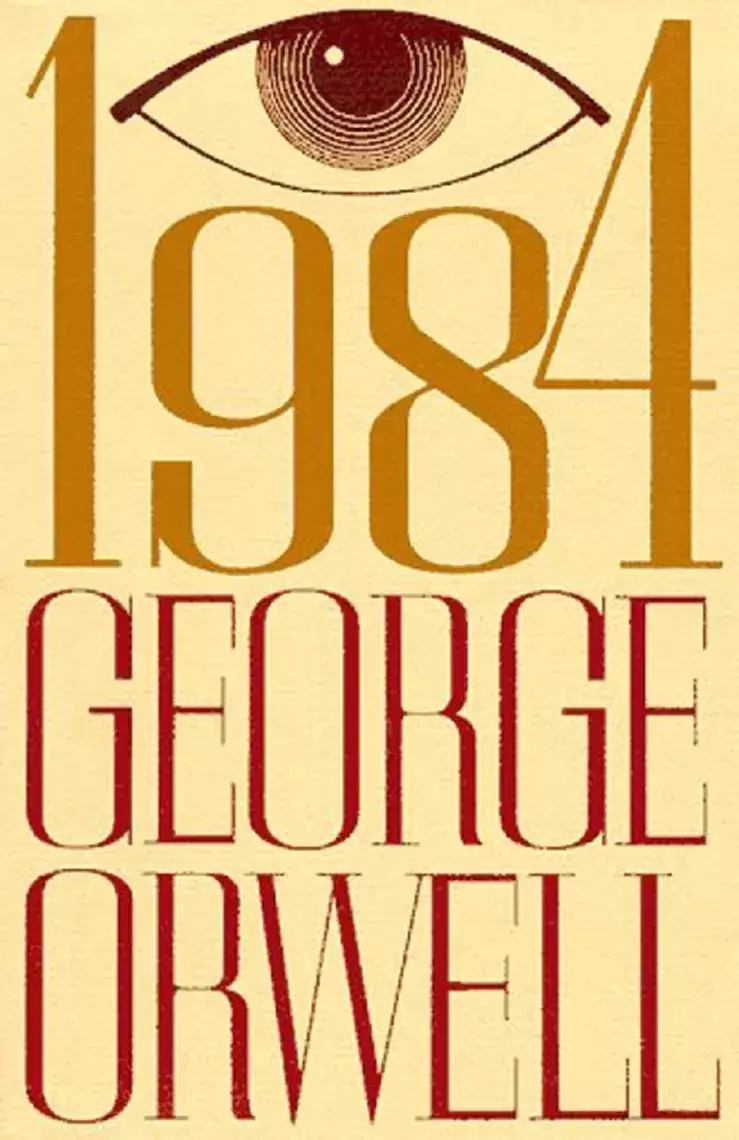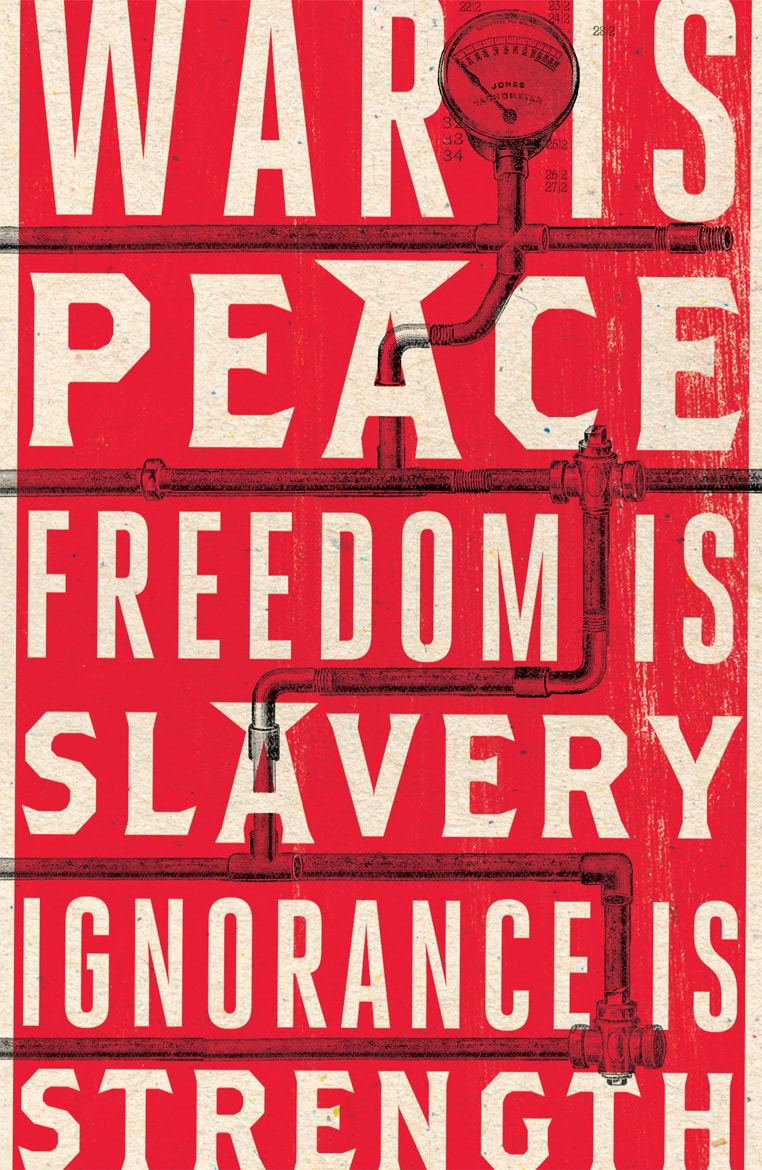I could have gotten rid of some of those “ones” in that opening paragraph simply by the judicious substitution of “he.” That choice of pronoun could be the old-fashioned “he” that referred to anyone of either (or any) sex or it could be my choice because I am male and so identify.
My train of thought (if I can consider it significant enough to be thought and linear enough to qualify as train) was suggested by a Steven Petrow column concerning gender-neutral pronouns in our present time of sexual identity ambiguity and cultural change.
A reader wrote of a young woman who had explained herself to be “genderqueer,” a new term to this reader, and had requested that henceforth she be referred to by pronouns “they,” “them,” and “their,” which would identify her as a person, not as either a man or a woman. The reader was unhappy using constructions like “They came to dinner last night” when only that one guest had arrived and wondered about the best way to proceed in such situations.
Petrow’s take on the question was interesting (and wise and compassionate, as he always is). The many comments were fascinating and ranged all over the place. I even stuck my own two cents worth in:
Down here in the South, where I live now, we take care of the “you” problem by the addition of “all.” Yes, I know folks laugh at us, but it works. And it allows for a certain flexibility: “y’all,” as one word but with the “a" slightly drawn out, is sort of generic, while “you ALL” emphasizes that every single person is specifically included. Now if there were some such simple way to singularize “they” and its cousins, but I’m having difficulty coming up with a decent and useful construction. I guess for now in casual speech I would make the attempt to use the construction desired by a person, but in formal speech, and particularly any involving legal matters, such as a will, say, I would either have to fall back on he or she and retain they for a group. Or if I used they, I’d have to add modifiers to make certain any future reader would know of whom I was writing.
(I guess it makes me happy that such as this seems the main thing of interest to the LGBTQ community.)
Since I meant my comment humorously and not as a terribly serious contribution to the ongoing discussion, I put it in as a reply to a writer who had discussed the muddle in the English language caused by the use of “you” as both the singular and plural second person and feared even more muddle if the problem expanded to the third person singular and plural. Still, the more I consider what I wrote, the better it sounds as a quick first stab at the matter.
Way back in the dark ages I was an English major. (Do they still have things like that in this day and age?) Reading Chaucer and Donne and Spenser and Shakespeare on up through the early twentieth century works of such as Hemingway, Fitzgerald, Faulkner and Pynchon, I was much sensitized to the way language changes over time. I certainly considered myself a liberal constructionist instead of a conservative constructionist as far as language bill of rights was concerned. But while watching language change, I also became aware that the English language will take in words from anywhere and try them out but that most will drop off the path as time moves on. The English language is liberal in trying out new things, conservative in deciding which ones to keep. Nothing can date a piece of writing faster than use of old words that have gone out of style. Of course, writing now one may certainly use the old words and formulations to evoke the earlier time, but one had better be judicious in what one does.
Probably the two biggest changes in my lifetime involved old words and new circumstances pertaining to marital status and race: Mr., Mrs., Miss, Ms. and Negro, Colored, Black, Afro-American, African-American, Mixed-race, and the like (and don’t forget the old usages such as Mulatto, Quadroon, Octoroon, and this doesn’t get into any of the really nasty usages).
Do you recall my comments above concerning “you” in the South? Well, we also devised with our lazy tongues a good solution to the marital status question: we tended to call all women “Miz.” Now I can remember Principal Kermit Matheson addressing the student body of Greensboro High School on proper speech sometime in the middle 1950s. He thought lazy speech anathema, and he let loose an incredible diatribe about “Miz.” He thought the only allowable pronunciations were MISS with a strong hissing sibilant at the end and MISRES as (at least) two syllables. I recall thinking that the last sounded remarkably like “miseries” and wondered if he were aware of that. I recall his going on to say that the married state was the most exalted one any woman could ever wish for, and any married woman was being disrespected if addressed as “Miz.” I also recall glancing about the auditorium at the unmarried (or as we called them in the day, old maid) schoolteachers, many of whom dropped their heads at their principal’s comments.
But he wasn’t the only one. Later on there was much resistance to the use of Ms. instead of Mrs. or Miss. Editorials and letters to editors flew like bullets. We must protect the purity of our language! Looking back, it seems that Ms. caught on quickly. There was a strong and general need for the construction, particularly as more women were moving into more significant positions in the workplace. The new usage immediately simplified the writing of formal letters to women in positions of power without risking antagonizing the recipient by failing to get her (should I have said “the person’s”?) marital status correct. (Actually, I could have simply left the possessive pronoun out and it would have made sense. Lots of ways to skin cats.) It is of course interesting that Mr. does not imply marital status.
Later on we have the term Mx, which is an honorific denoting neither marital status nor gender. My sense is that has not yet been as generally accepted as Ms., but give it time.
Brooks in one of several names in my family used freely for any gender. If I encountered it in a business situation, I would avoid the honorific by simply calling the name: Dear Brooks May.
I was brought up in a rural white Southern society in a time of segregation that was seldom (by us whites) questioned. My parents were good people, kind and considerate. They believed that you never used bad language about anybody, including (perhaps especially) the Black citizens who made up most of our community and our customers. I was instructed always to use the terms Colored or Negro (carefully pronounced KNEE-GROW) to avoid being thought illiterate or mean. But when you are very young and your education comes from so many different sources, you can get confused. If you’ll forgive me, I’ll relate an old family tale about me. Someone knocked at the back door, and my mother called out to me to see who it was. I opened the door, looked out, and hollered out, “Mama, it’s a colored nigger lady.” Two faux pas in six words. You never used the illiterate “n” word, and you never referred to a colored woman as “lady.” I was corrected, kindly but firmly.
In this progressive digression (at least I hope it is somehow progressive) I think I mean to suggest the cultural and historical embeddedness of words and terms and attitudes and even modes of polite behavior. And here we have been dealing with specific nouns, terms, and they are hard enough to change. I suspect pronouns are even more deeply embedded in our unconscious so that we rarely even think of them except in cases of when to use who or whom or whether to use she or her after an infinitive. I suspect that changing them is going to be a hell of a lot harder than the introduction of Ms. or Mx.
I imagine that the human race will continue to be viewed as one in which we have two basic sexes for the purpose of reproduction. Like rabbits and gingko trees. Now that does not mean to imply that I think that reproduction is the sole and only purpose of those interesting organs which have come down to us: they (as well as the rest of our bodies) can be used amazingly for all sorts of pleasurable and beneficial purposes. And more than one species starts off as one sex and then becomes the other for procreation.
And it is not to imply that those organs are all just alike (something that will not be strange to you more adventurous ones). One of my closest friends (sadly, no longer with us) was a pediatrician, and she (I think the pronoun works well here, don’t you?) once told me that when you watch enough births, you are amazed at how in many cases sex at birth is difficult to determine. Usually these “discrepancies” were attended to surgically, and usually the gender to which the baby would be assigned would be a combination of whatever was easiest and parental wish. She was very much in favor of correcting any mistakes in assignment later in life, when feasible.
I may be wrong (wouldn’t be the first time), but it seems to me that when someone is transitioning to the wished-for gender, that person knows whether that destination is male or female. That person, it would seem to me, would know what terms were preferable when, and those terms might change along with the progress of the transition. If I were making such a change, I think the destination gender would kick in early on in how I wanted to be referred to.
As you see, I have hedged a lot in that last paragraph. I simply don’t know! But what I do know is that I would wish to refer to a person undergoing gender change as closely as possible to what that person wanted at the time. That seems to be standard politeness that needs no further justification.
I have heard that once James Dean (and back in the 1950s everybody gay or straight, male or female, and all stops in between fell in love with him) was asked if he were gay or straight. Neither, he replied. I wouldn’t want to go through life with one hand tied behind my back. Even that far back a young person is trying to avoid labels based on the object sexual desire.
I have a sense that many of those in the pronoun usage wars are young. I do not mean for that to be a putdown either of the wars or the young (generally speaking, wars brought about by their elders have always been fought by the young). In the present war, perhaps the warriors are battling not so much she her he him and such words as they are battling the ingrained attitudes of discrimination hiding behind them.
In western mythologies we have God the Father, referred to as He. The female is excluded. A newer attempt to introduce God the Mother, referred to as She, falls into a similar trap: the male is excluded. Any true God would have to include both plus everything else: sort of a SheHeItThey. The breaking apart fragments and diminishes God. (But don’t try making an acronym out of that construction!)
I’ve always enjoyed that old idea of Plato concerning the creation of the sexes and the choice of object of desire. Originally we were three kinds of beings with two sexual possibilities in each body: male/male, female/female, and female/male. Then each coupled body is cut in half, and each part is then searching through life for its original half.
Ole Plato knew that things were complicated. He could also come up with a nice metaphor.
Back in the day when I started reading up (at a very young age) on matters sexual, I was drawn to the early idea that gay and straight were not firm opposites so much as end points on a sliding scale and that most humans were somehow in between. Later on this idea went out of style among gays, who insisted that if you had ever had sex with a member of your own sex you were gay. More recently it seems that the sliding scale is back.
When I was a child it fascinated me that women could refer to other women, especially movie stars, as beautiful but that men could not refer to other men as handsome. Strong, tough, he could use those. Women tended to follow the male suit when referring to male stars: don’t upset your husband by being too obviously turned on by Henty Fonda! Women could embrace other women, but only in the rarest of circumstance would men embrace each other.
This may be off course but I don’t think so. I guess my point is that males shaped society in those days. Thinking back you may recall that those scholars hired by King James to translate the Bible were all men . . . But then again King James was gay.
| Let’s see. Jesus washed their feet. Did Jesus wash the feet of various people in the room or did Jesus wash only the feet at the extremity of the legs of Jesus? If Jesus was the son of God, would you refer to him as he? If God contained all, if Jesus were the child God might Jesus too be beyond dualities as well and incorrectly referred to as he or she? |
| English already has a third person singular neutral pronoun. It. Its. Usually it is considered to be much more objectifying than he or she. In my novel Siren Song I did refer to the character who is a member of a single sex telepathic race whose “opposite sex” is the human by the pronoun it. That seemed wiser than inventing a new pronoun, expecially since I was already playing around with punctuation. I think it worked okay, especially since it referred to a non-human and also since with repetition the world lost its onus. Well, since you asked. I’ll let Bartholomew Magnum explain in this excerpt from his journal: |
=They do not converse with me, but with the image they see. I have no inhibitions when shielded by the image. But with you, whom I sought to teach to converse with the true me and not my image, the barriers stood between us until we made them fall.=
(I use the equal sign instead of the quotation mark to better indicate that I am trying to come up with the very best verbal equivalent that I can, inexact though it may be.)
“You listen in on our loving . . .”
(Usually I speak aloud, as that helps me form my meaning inside.)
Using the equal sign for equivalence to language I thought a neat gimmick and while writing it became second mature quickly. The “it” worked in context, but I don’t think it would work well referring to fellow humans. Bart himself addressed the question of pronouns later on in his journal:
“How strange and wonderful, my relationship with this Waterfolk family. Were Looo-Ra and I in some way formally married, I suppose Leee-La would be my mother-in-law. My mother-in-law, the fat amphibian! Whom I love. I suppose I would be called son-in-law, but surely Looo-Ra cannot be thought of as her daughter. Pronouns and many nouns are a problem. Or perhaps I should write, English language pronouns and many nouns are a problem. Should I have invented an entirely new vocabulary to record my relationship with these Creatures? Perhaps it would have been more nearly correct, but then I would have had my mind more on this mysterious new grammar and vocabulary than on our life together. Best to do as I have done, use the imperfect tool. What would it have been like had Looo-Ra turned out to be one of seven sexes rather than one of one? I am grateful for this limitation, if such it be.”
Yes, Uncle Bart does write in a somewhat florid and old-fashioned manner, but I believe that is justified in the work, if the reader pays attention.
So: drop “its’ from consideration as third person singular pronoun. What can we do?
And I have come up with a modest proposal. In the English language we have a long history of him, him, and his being used to encompass members of either (or any) gender. My simple suggestion, and one that uses the extant vocabulary: Substitute she and her as genderless pronouns.
Rationale: Back when Ms. was coming along and being accepted, folks began using the constructions “he and she” or “he or she” instead of the old “he” as genderless pronouns. Briefly there was a spate of “s/he.” All of those are clumsy and fell by the wayside.
But look at she and her. If they were genderless, that would be reducing the number of pronouns. Her can be the object of a preposition or a possessive. To her. Her car. His can be eliminated from the language along with he and him.
And note that both she and her contain the old word he. Now she and her become the more comprehensive word for both sexes.
But won’t men be upset? Maybe for a while, but even men can learn. Let’s start by getting the New York Times and Chicago style manuals involved, and once they have adapted the new usage and it appears in all writings and broadcastings men will get used to it. But let’s give men a sop. There are lots of words that have a masulinr and feminite version. Actor/actrss. Horseman/horsewoman. Let’s just drop the longer feminiazed versions and use the shorter version for all. Then at the Oscars we can get categories lilke Best Actor in a Male Role and Best Actor in a Female Role. That way a woman portraying King Lear onstage could be nominated as Best Actor in a Male Role. But what if a role is non-binary? There’s always the possibility of Best Actor
Am I serious? Not really, not so far as my proposal goes. But I am serious in thinking about the problem of genderless pronouns. Language is constantly evolving. The bastard English language in particuilar is great at taking in words and phrases from just about everywhere. This openness makes it a wonderful tool. There are attempts to change the language (read your Orwell), but most of these do not succeed. The language evolves almost in spite of such attempts. It will evolve in the area of genderless pronouns. Give it time.





 RSS Feed
RSS Feed